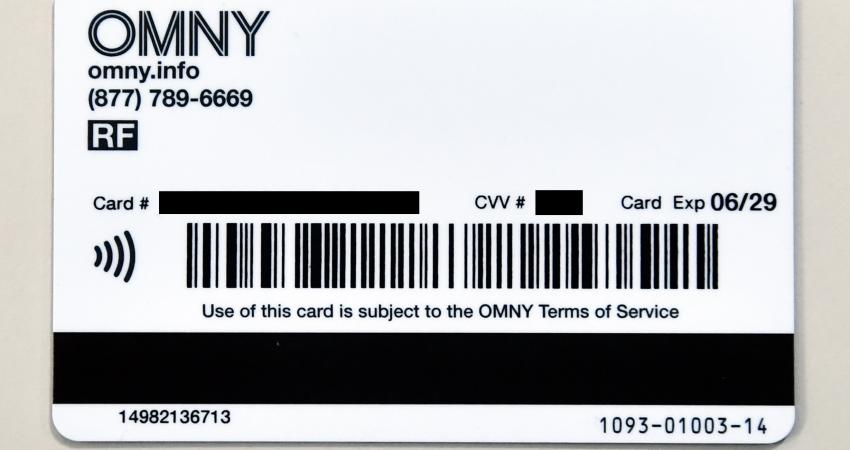
To overcome unintended legislative hurdles and plug exploitable gaps, most legal systems have become an unwieldy colossus of documentation with clauses and sub-clauses.
Therefore the process of amending legislation or introducing new laws has become extremely complex and slow, causing widespread frustration. Indeed, some companies have adopted a ‘catch me if you can’ attitude; simply putting new products and services onto the market without bothering about the legal niceties.
It has become evident that legislators can no longer second-guess technological developments and the more detailed the legislation, the more holes it creates. What is needed is to move from a system where everything is considered legal unless it is specifically banned, to a process whereby law makers lay out the aims and guiding principles of the legislation. Companies, authorities and individuals will then be held accountable to the letter, and spirit, of the legislation.
While this approach would facilitate the introduction of new technologies and services, it would also have other implications which would be welcomed by many – but not necessarily the suppliers. For instance, instead of increasing penalties for drivers using mobile phones, legislators should say that by a certain deadline on all new phones it should not be possible for drivers to read or send texts (and arguably phone calls) while moving. All methods of circumventing that legislation would be against the spirit of the law (and therefore illegal) while the suppliers would be free to devise how they wished to comply with those requirements.
The safety gain would be immense, enforcement costs would be virtually zero and other developments would not be prohibited. To me, that sounds like a win-win situation.













